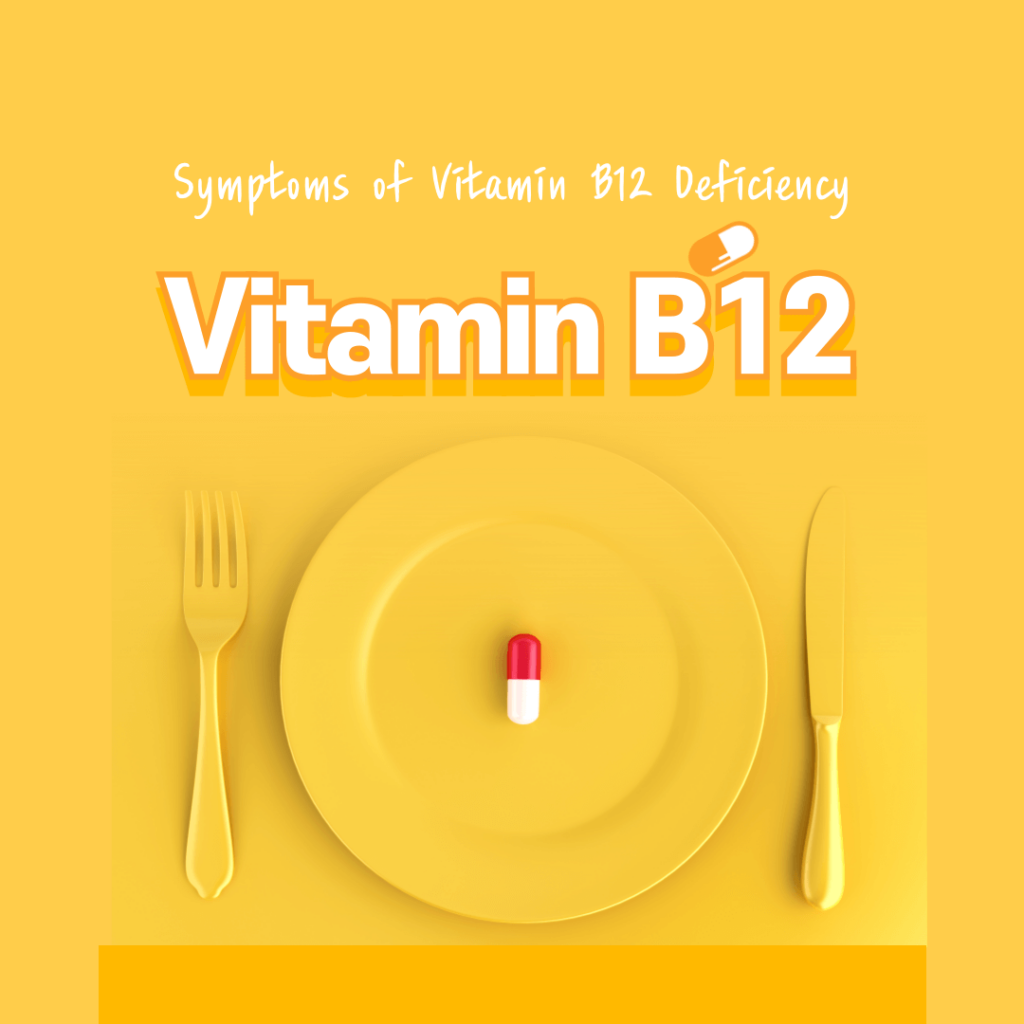
[ Vitamin B12 ]
Vitamin B12, also known as cobalamin, is an essential nutrient for the proper functioning of the body.
It plays a crucial role in converting the food we consume into glucose, which is then used as energy. Understanding the importance of vitamin B12, its functions, and the foods that are rich in this vitamin is vital for maintaining good health.
What is Vitamin B12?
Vitamin B12 is a water-soluble vitamin that is crucial for various bodily functions, including red blood cell formation, cell metabolism, nerve function, and DNA production.
It is also instrumental in preventing megaloblastic anemia, a condition characterized by the production of abnormally large and immature red blood cells that cannot function properly.
Daily Recommended Intake of Vitamin B12
The recommended daily intake of vitamin B12 varies by age and physiological status. Here’s a breakdown:
✅ Infants (0-6 months): 0.4 mcg
✅ Infants (7-12 months): 0.5 mcg
✅ Children (1-3 years): 0.9 mcg
✅ Children (4-8 years): 1.2 mcg
✅ Children (9-13 years): 1.8 mcg
✅ Teens (14-18 years): 2.4 mcg
✅ Adults: 2.4 mcg
✅ Pregnant women: 2.6 mcg
✅ Breastfeeding women: 2.8 mcg
How Vitamin B12 is Absorbed
When you consume foods rich in vitamin B12, stomach acid separates the vitamin from the protein it is attached to.
Then, it combines with a protein called intrinsic factor, produced by the stomach, which facilitates its absorption into the bloodstream.
People who cannot produce intrinsic factor, such as those with pernicious anemia, face challenges in absorbing vitamin B12 and may require supplements or injections to meet their nutritional needs.
Symptoms of Vitamin B12 Deficiency
Vitamin B12 deficiency is relatively rare because the body stores significant amounts, enough to last several years. However, when it does occur, it can lead to several health issues, including:
✅ Tingling and numbness in the hands and feet
✅ Difficulty walking due to nerve damage
✅ Pale or jaundiced skin
✅ Severe fatigue and weakness from megaloblastic anemia
✅ Rapid heart rate
✅ Shortness of breath
The Benefits of Vitamin B12
Vitamin B12 offers numerous health benefits, making it an essential nutrient for overall well-being. Here are some of its key benefits:
1. Reduces the Risk of Heart Disease
Vitamin B12 can help lower homocysteine levels in the blood, a risk factor for cardiovascular disease. By doing so, it may reduce the risk of heart disease.
2. Prevents Birth Defects
Adequate levels of vitamin B12 are crucial during pregnancy to prevent birth defects, particularly neural tube defects.
It ensures proper fetal development and reduces the risk of congenital abnormalities.
3. Supports Bone Health
Research has shown a link between low vitamin B12 levels and decreased bone density. Sufficient vitamin B12 intake can help maintain bone health and reduce the risk of osteoporosis.
4. Improves Mood and Reduces Symptoms of Depression
Vitamin B12 plays a role in synthesizing and metabolizing serotonin, a neurotransmitter that regulates mood.
Studies have indicated that vitamin B12 supplementation can improve mood and alleviate symptoms of depression.
5. Enhances Memory and Cognitive Function
Adequate vitamin B12 levels are associated with better memory and cognitive function. It is believed to help in maintaining brain health and preventing cognitive decline, particularly in older adults.
6. Promotes Healthy Skin, Hair, and Nails
Vitamin B12 is essential for the production of new cells. This function is crucial for maintaining healthy skin, hair, and nails, preventing conditions such as hyperpigmentation, nail discoloration, and hair loss.
Foods Rich in Vitamin B12
Vitamin B12 is predominantly found in animal-based foods, making it challenging for strict vegetarians and vegans to meet their daily requirements without supplementation. Here are some of the best sources of vitamin B12:
1. Liver and Kidneys
Liver and kidneys, especially from lamb, are among the most nutrient-dense sources of vitamin B12. Just 100 grams of lamb liver contains an astounding 990% of the daily recommended intake.
2. Clams
Clams are not only rich in vitamin B12 but also packed with antioxidants and protein. A 100-gram serving of clams provides over 4000% of the daily recommended intake of vitamin B12.
3. Sardines
Sardines are a fantastic source of vitamin B12 and omega-3 fatty acids. A 150-gram serving of sardines provides more than double the daily recommended intake of vitamin B12.
4. Fortified Cereals
Certain breakfast cereals are fortified with vitamin B12, making them a good option for vegetarians and vegans. Always check the nutrition label to ensure the cereal is fortified with adequate amounts of vitamin B12.
5. Tuna
Tuna, particularly the muscles just beneath the skin, is rich in vitamin B12. A 100-gram serving of tuna provides 160% of the daily recommended intake.
6. Salmon
Salmon is not only high in vitamin B12 but also a great source of omega-3 fatty acids. A 180-gram fillet of cooked salmon offers about 80% of the daily recommended intake of vitamin B12.
Conclusion
Vitamin B12 is essential for various bodily functions, including energy production, red blood cell formation, and neurological function.
Understanding its importance and ensuring an adequate intake through diet or supplements is crucial for maintaining good health. Incorporating vitamin B12-rich foods such as liver, clams, sardines, fortified cereals, tuna, and salmon can help prevent deficiency and promote overall well-being.
If you suspect a deficiency, consult with a healthcare professional for appropriate testing and treatment.
